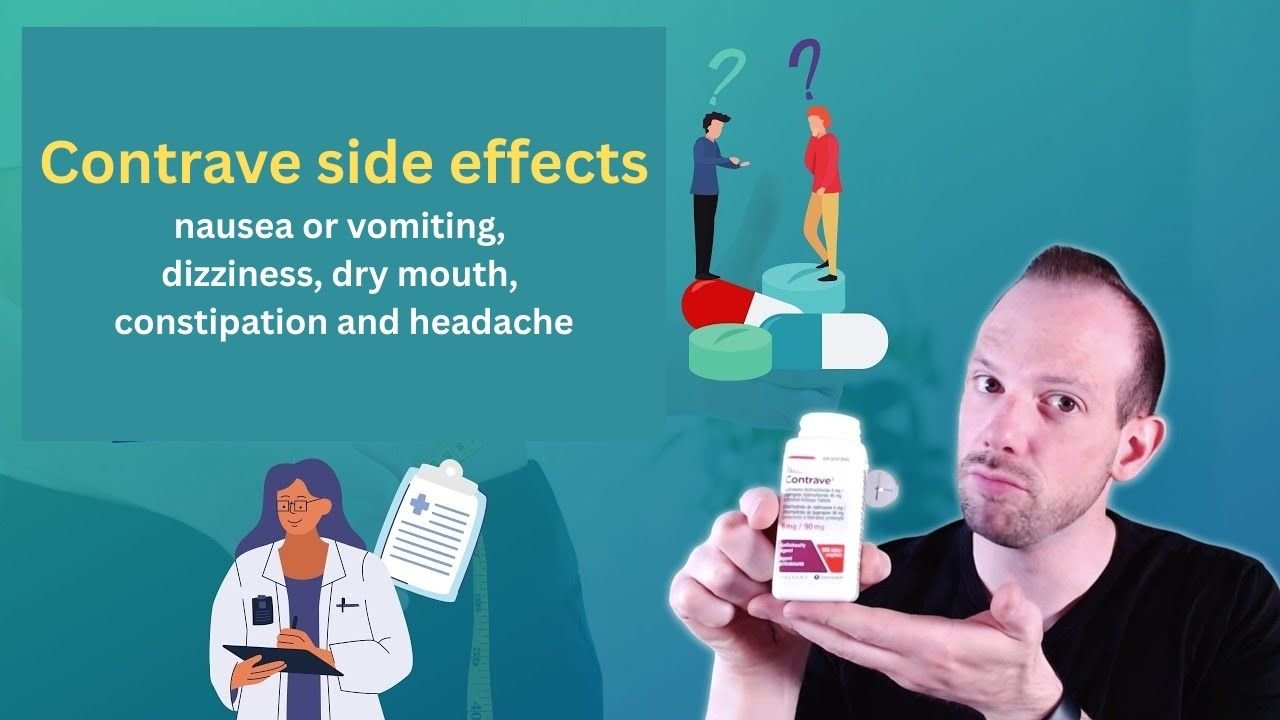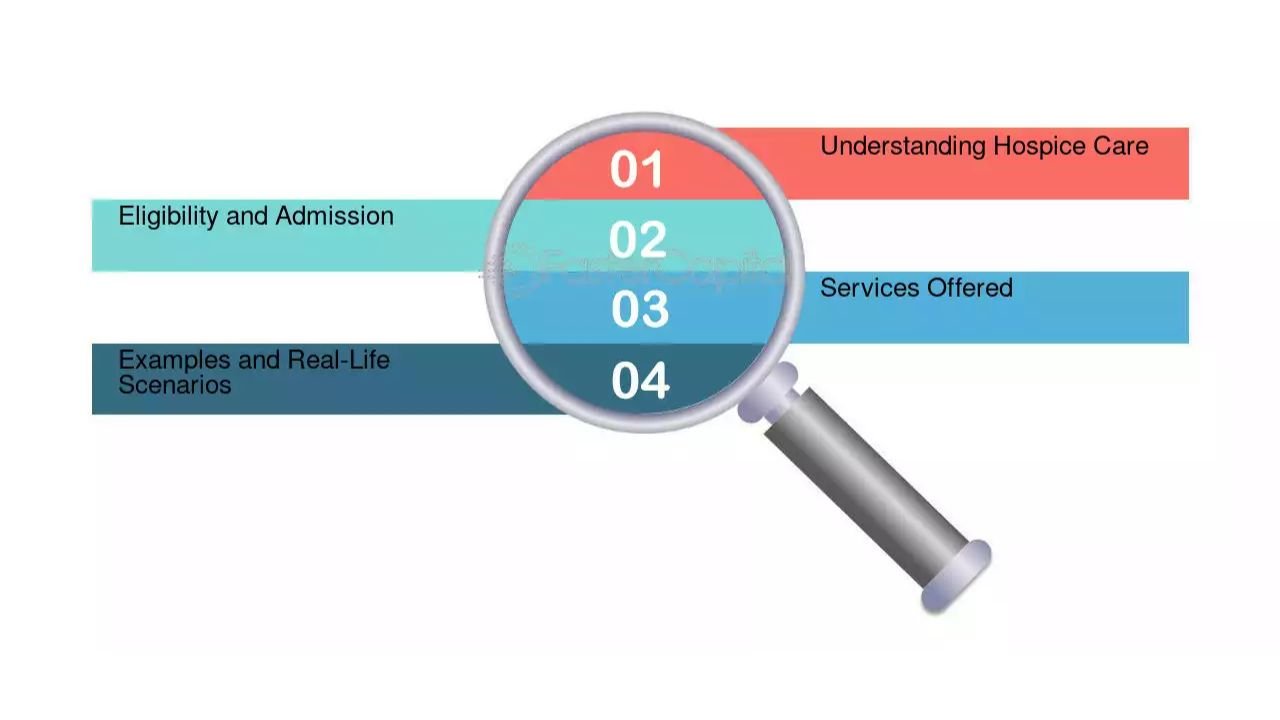Losing weight can feel like a battle. Many people need help to stay on track. Contrave is one medicine often used for weight loss. It can control hunger and cravings. But it also has risks. Some effects are mild and fade quickly. Others can be serious or even life-threatening. Knowing about contrave side effects helps you stay safe while using it.
This full guide explains everything about this drug. You will learn what it is, how it works, side effects, precautions, dosage, and safety tips. Read it before starting this medicine to protect your health.
What Is Contrave?
Contrave is a prescription weight-loss drug. It combines two medicines: naltrexone and bupropion. These affect brain signals that control appetite. It is given to people who are overweight or obese. It must be used with a healthy diet and daily exercise. It does not burn fat directly but helps you eat less.
Doctors do not give it for quick weight loss. It is meant for long-term weight control under medical care. Knowing how it works helps lower contrave side effects.
How Contrave Works in the Body?
This drug targets the hypothalamus and dopamine systems. The hypothalamus controls hunger signals. Dopamine controls pleasure and reward. Contrave lowers hunger by affecting these brain areas. It also reduces food cravings. Over time, this helps lower calorie intake. Eating less slowly leads to weight loss. But lifestyle changes must go with it. Otherwise, the results may not last.
Common Contrave Side Effects
Mild contrave side effects are common early on. They often fade as your body adjusts. Most people can manage them at home. These effects include nausea, headaches, and constipation. Some get dizziness, trouble sleeping, or dry mouth. A few also have diarrhea or upset stomach.
Common side effects include:
- Nausea or vomiting
- Constipation
- Dizziness or headaches
- Trouble sleeping
- Dry mouth
- Diarrhea
These are usually not dangerous. If they last or get worse, contact your doctor.
Serious Contrave Side Effects
Some contrave side effects can be severe. They are rare but may need urgent medical help. Knowing the signs can save your life. They include allergic reactions, suicidal thoughts, and seizures. It can also raise blood pressure and heart rate. Liver damage or severe skin rashes may also appear.
Serious side effects include:
- Swelling of face or throat
- Suicidal thoughts or behavior changes
- Seizures or muscle jerks
- High blood pressure or fast heart rate
- Yellow skin or eyes (jaundice)
- Severe skin rashes or blisters
Seek medical help right away if you see these signs.
Common vs Serious Contrave Side Effects
| Type | Common Side Effects | Serious Side Effects |
| Digestive | Nausea, constipation, diarrhea | Liver damage, jaundice |
| Nervous System | Dizziness, headaches, insomnia | Seizures, hallucinations, confusion |
| Mental Health | Mild mood swings | Suicidal thoughts, severe depression |
| Circulatory | Dry mouth, tiredness | High blood pressure, fast heart rate |
| Skin | Mild itching | Stevens-Johnson syndrome, severe rashes |
This table shows which side effects are mild and which are dangerous.
Who Should Not Take Contrave?
This drug is not safe for everyone. Some health conditions can make it dangerous. People with seizure disorders should not take it. Those with bulimia, anorexia, or uncontrolled high blood pressure must avoid it. It can also be unsafe for recent opioid or alcohol users.
Avoid Contrave if you have:
- Seizure disorders
- Eating disorders
- High blood pressure
- Recent opioid use
- Alcohol dependence
- Allergies to its ingredients
Discuss all your health problems with your doctor first.
Drug and Food Interactions
Contrave can react with many medicines. This may cause stronger side effects or lower its effect. Avoid alcohol while using it. Alcohol can raise seizure risk. Do not take it with high-fat meals. They can also trigger seizures.
Drugs that may interact include:
- Opioids (morphine, codeine, fentanyl)
- MAO inhibitors (used for depression)
- Benzodiazepines (for anxiety or sleep)
- Barbiturates (for seizures or sleep)
- Stimulants (for ADHD)
- Diabetes medicines
- Other bupropion drugs
Always tell your doctor about every medicine or supplement you use.
Precautions Before Starting Contrave

You must be open about your medical history. It keeps you safe from hidden problems. Tell your doctor if you have depression or bipolar disorder. Mention any history of suicide attempts. Include any liver, kidney, or heart problems. Also tell them if you are pregnant or breastfeeding. This drug can harm a baby. Your doctor may choose another option.
How to Take Contrave Correctly?
Taking this medicine correctly reduces risk. Follow your doctor’s plan closely.
- Swallow tablets whole. Do not crush or chew.
- Take with food but avoid high-fat meals.
- Store in a cool, dry place.
- Keep away from children and pets.
Do not change your dose yourself. It increases contrave side effects.
Typical Dosage Schedule
Doctors slowly increase the dose. This helps your body adjust safely.
| Week | Morning Dose | Evening Dose |
| Week 1 | 1 tablet | — |
| Week 2 | 1 tablet | 1 tablet |
| Week 3 | 2 tablets | 1 tablet |
| Week 4+ | 2 tablets | 2 tablets |
Never raise doses without doctor approval.
How to Manage Mild Contrave Side Effects?
Mild contrave side effects can be controlled at home. These tips can help. Drink plenty of water during the day. Eat small meals to reduce nausea. Avoid alcohol and fatty foods. Sleep on a steady schedule. If side effects get worse, call your doctor. They may lower your dose or give remedies.
What to Do if You Miss or Overdose a Dose?
Missed or extra doses can be dangerous. Stick to your schedule carefully. If you miss a dose, skip it and take the next one as planned. Never double your dose. If you overdose, call 911 or Poison Control at 800-222-1222.
Long-Term Use of Contrave
Doctors will track your weight and health while using it. If you do not lose enough weight after 12 weeks, they may stop it. Long-term use needs regular checks. They will monitor your blood pressure, heart rate, and side effects. Always go to follow-up visits.
Weekly Health Checks to Track
Use this table to track your health while on this drug. It can help spot early signs of trouble.
| Week | What to Monitor? | Signs of Trouble |
| Week 1-2 | Blood pressure, heart rate | Headache, chest pain, fast heartbeat |
| Week 3-4 | Mood and sleep quality | Anxiety, depression, suicidal thoughts |
| Week 5-8 | Liver function (via blood tests) | Yellow skin, dark urine, pale stools |
| Week 9-12 | Weight loss progress | No weight loss, high side effects |
Bring this chart to your doctor visits for safety.
Final Thoughts on Contrave Side Effects
Contrave can support weight loss, but safety comes first. Contrave side effects can be mild or serious. Knowing the risks protects your health.
Always talk to your doctor about your full health history. Watch for any warning signs and act quickly if they appear. With care and guidance, you can use this drug safely and reach your weight goals.
FAQs About Contrave Side Effects
Q1. Do contrave side effects go away?
Ans. Yes, many mild issues fade after a few weeks as your body adjusts.
Q2. Can Contrave affect mood or behavior?
Ans. Yes, it may cause depression or suicidal thoughts in rare cases.
Q3. Can I drink alcohol while using Contrave?
Ans. No, it increases seizure and side effect risks.
Q4. Can Contrave affect eyesight?
Ans. Yes, it may raise eye pressure and cause glaucoma symptoms.
Q5. Who should not take Contrave?
Ans. People with seizures, eating disorders, or high blood pressure should avoid it.
Read our more blogs:- Best Ashwagandha Supplement 2025 – Benefits, Top Brands & Complete Guide



